Trump’s tariffs could push iPhone prices to $3,500, experts warn
In a heated "Liberation Day" speech, U.S. President Donald Trump declared that "jobs and factories will come roaring back," as broad new worldwide tariffs were implemented.However, industry analysts warn that the expense of these restrictions may fall disproportionately on American consumers, particularly those purchasing goods such as Apple's iPhone.
The taxes, which are intended to boost domestic manufacture and lessen dependency on foreign imports, have already sparked concerns about major price increases across a variety of products. According to Dan Ives, Global Head of Technology Research at Wedbush Securities, an American-made iPhone might cost up to $3,500, more than three times the current average price of $1,000.
Speaking with CNN's Erin Burnett, Ives described the idea of returning iPhone production to the United States as a "fictional tale," citing the enormous complexity and cost of reconstructing Apple's huge Asian-based supply chain. "You build that in the U.S., with fabs in West Virginia and New Jersey, and you're looking at $3,500 iPhones," he said, referring to the high-tech chip fabrication facilities required to produce key components.
Even a partial relocation of Apple's supply chain would be a massive undertaking. Ives believes that it would cost the corporation $30 billion and take at least three years to relocate 10% of its activities to the United States. Apple has yet to comment on the possible shift.
The majority of iPhone manufacture currently takes place in China, where around 90% of iPhones are assembled. Other components are acquired from nations like as Taiwan and South Korea, producing a supply network that has evolved over time. Production was initially moved to Asia because to lower prices and improved efficiency, allowing American tech companies to focus on software development and design.
However, as tensions escalate due to Trump's tough trade stance, Apple and other firms may be compelled to reconsider their strategy. Apple's stock has already fallen by approximately 25% since Trump's inauguration, owing to concerns about tariffs and supply chain disruptions.
"No company is more exposed in this tariff storm than Apple," Ives told the crowd. "It's an economic Armageddon—especially for the tech industry."
Apple had earlier pledged a $500 billion investment in the United States over the next four years in an effort to boost domestic operations and hedge against tariffs. Still, analysts believe that rising costs are unavoidable, even if production remains in Asia.
According to Rosenblatt Securities, iPhone prices might rise by 43% if Apple passes on the whole cost of tariffs to consumers. Neil Shah, Vice President of Research at Counterpoint, predicted a 30% price increase, depending on the manufacturing location.
To alleviate the damage, Apple has been looking into alternate production facilities in nations such as India and Brazil. Brazil has the lowest tariffs among major iPhone-producing countries (10%), but it lacks the manufacturing capacity to completely replace China. Meanwhile, India faces 26% tariffs but is increasingly viewed as a strategic alternative for iPhone assembly.
As Apple navigates these obstacles, one thing is clear: Trump's high-stakes tariff fight has the potential to significantly impact the future pricing of its main product.


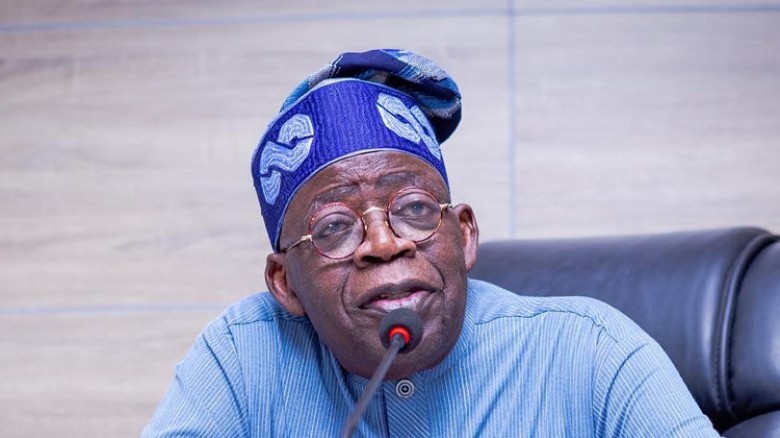
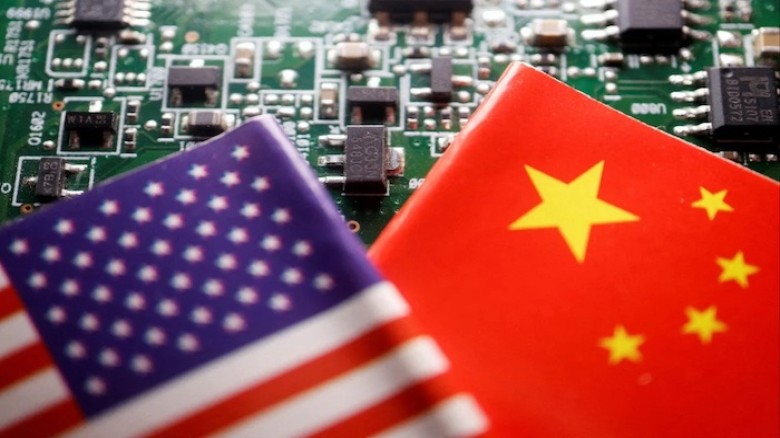

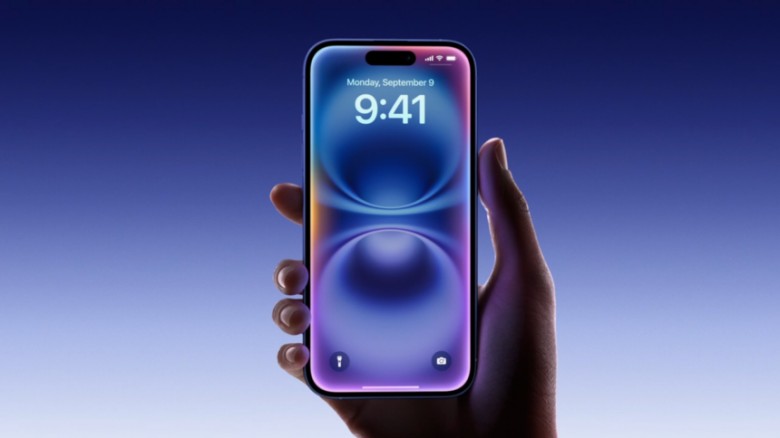
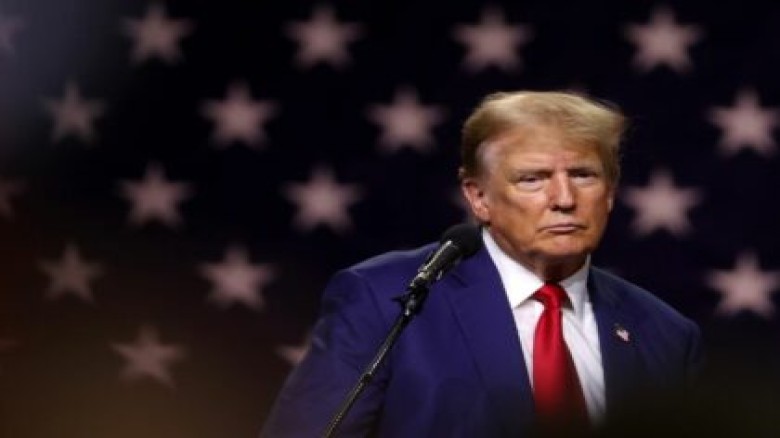




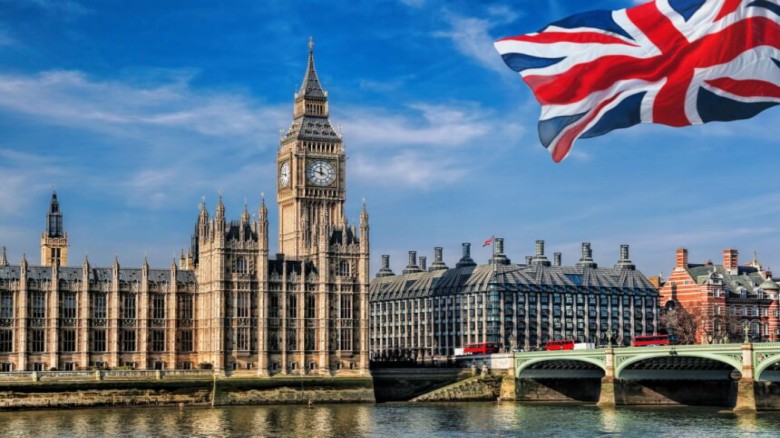
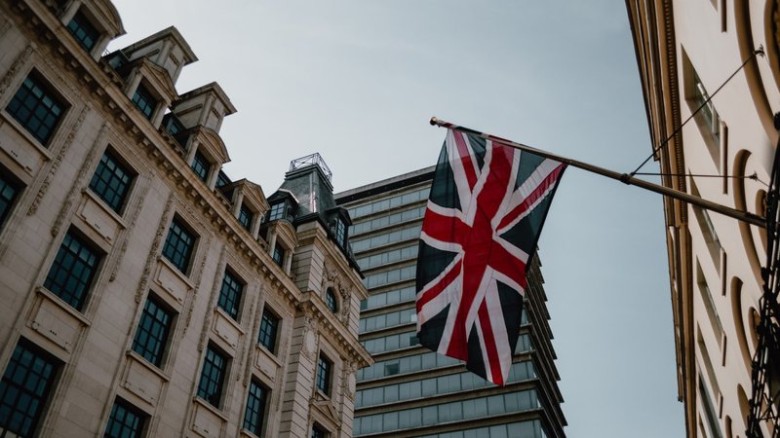



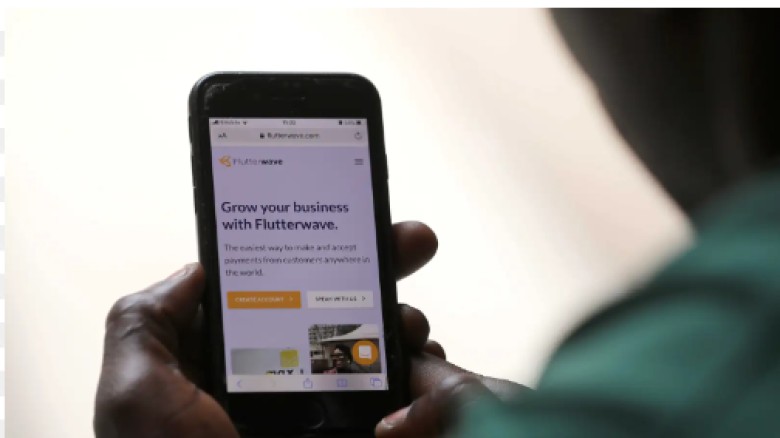






Leave A Comment